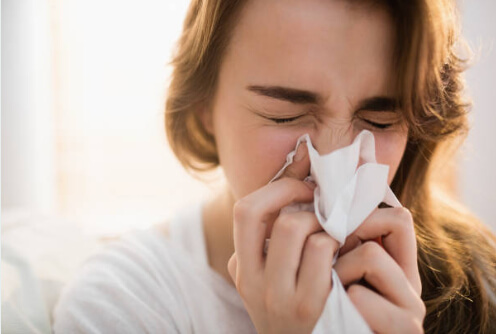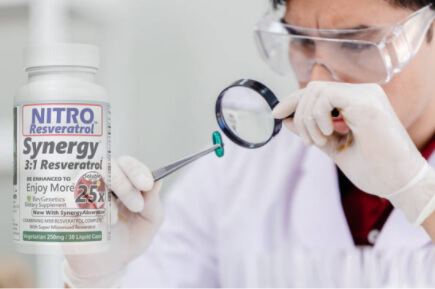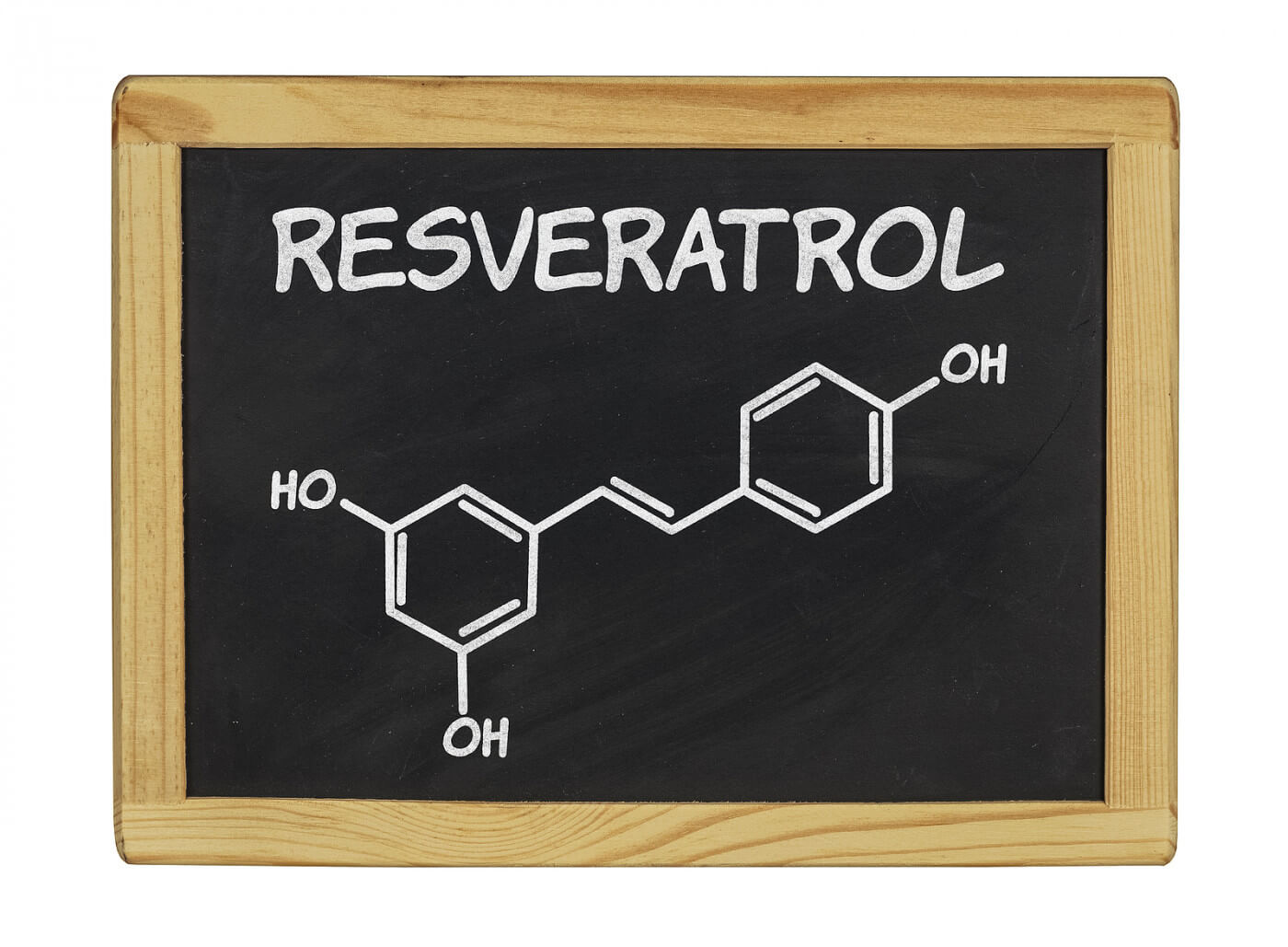Resveratrol Allergies Study:
Food allergies are considered an epidemic in developed countries and this has lead to increased research. Interestingly regardless of the research there are many theories that try to explain why allergies develop in the first place. Some suggest that modern manufacturing triggers allergic reactions, while others argue that it is the absence of pathogens at an early age that leads to hypersensitive immune systems at a later age. What is known about food allergies is that a food particle (most commonly a protein or protein fragment referred to as an allergen) does not get properly digested. Once this allergen gets into our bloodstream it encounter cells of the immune system and activates them. Next time that person eats that same food and comes in contact with that allergen, the immune system triggers the allergic reaction.
Whatever the initial trigger may be that causes a food allergy, the questions everybody wants answered is how to stop the allergic reaction once a person does become allergic. In a resveratrol allergies study released this month by a research group in Japan, the researchers have addressed this question directly (Yuki Okada, PLOS ONE, September 12, Vol. 7, issue 9).
Resveratrol allergies study on mice:
Since resveratrol has been well documented in inhibiting inflammatory responses, the authors wanted to determine whether resveratrol would also be beneficial for food allergies. Therefore the primary aim of their research was to investigate whether ingestion of resveratrol inhibits mucosal sensitization to a food allergen and suppress the hallmark manifestation of food allergies such as anaphylactic shock that can lead to death.
To test their theories, the researchers used a mouse model of food allergies. In their resveratrol allergies study, the researchers treated two groups of mice with allergens (a cholera toxin) but one group was also fed resveratrol. The results of their studies showed that ingestion of resveratrol caused a reduction in antibodies involved in the allergic reaction. However, the most interesting result was that when the researchers repeated the experiment with a lethal dose of the allergen.
The control group of mice given only the allergen causes all of the mice to die but the mice given resveratrol in addition to the allergen had only one mouse die in a group of five. It may be that the current best way to treat allergic reactions is simply avoidance or immune-therapies; however, these results provide additional evidence that this remarkable natural substance may also be beneficial for prophylaxis against food allergies.








